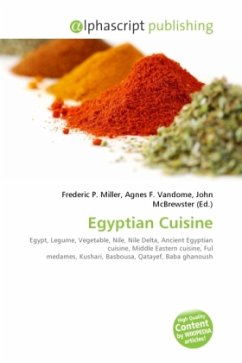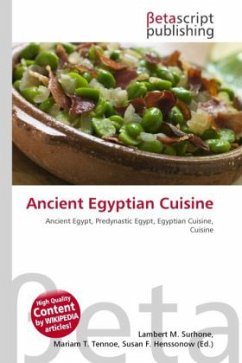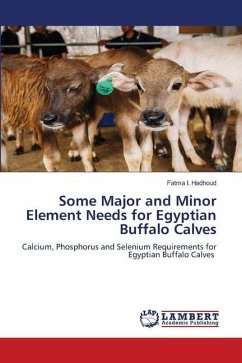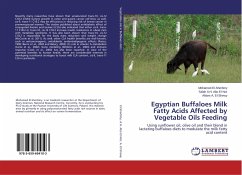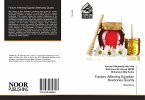Egyptian cuisine consists of the local culinary traditions of Egypt. Egyptian cuisine makes heavy use of legumes and vegetables, as Egypt's rich Nile Valley and Delta produce large quantities of high-quality crops. Egyptian cuisine's history goes back to Ancient Egypt. Archaeological excavations have found that workers on the Great Pyramids of Giza were paid in bread, beer, and onions, apparently their customary diet as peasants in the Egyptian countryside. Dental analysis of the mummified bodies of these workers seems to indicate that the bread was chewy and coarse but hearty, rather like the bread of modern Egypt; the occasional desiccated loaves found in tombs confirm this, in addition to indicating that ancient Egyptian bread was made with flour from emmer wheat. Though beer disappeared as a mainstay of Egyptian life following the Muslim conquest of Egypt in the year 654, apples remain the primary fruit for flavoring and nutrition in Egyptian food. Guavas were also a primary source of Vitamin C for the mass of the Egyptian populace, as they remain today. Many people as well refer the Guava as the Holy Fruit.
Bitte wählen Sie Ihr Anliegen aus.
Rechnungen
Retourenschein anfordern
Bestellstatus
Storno

